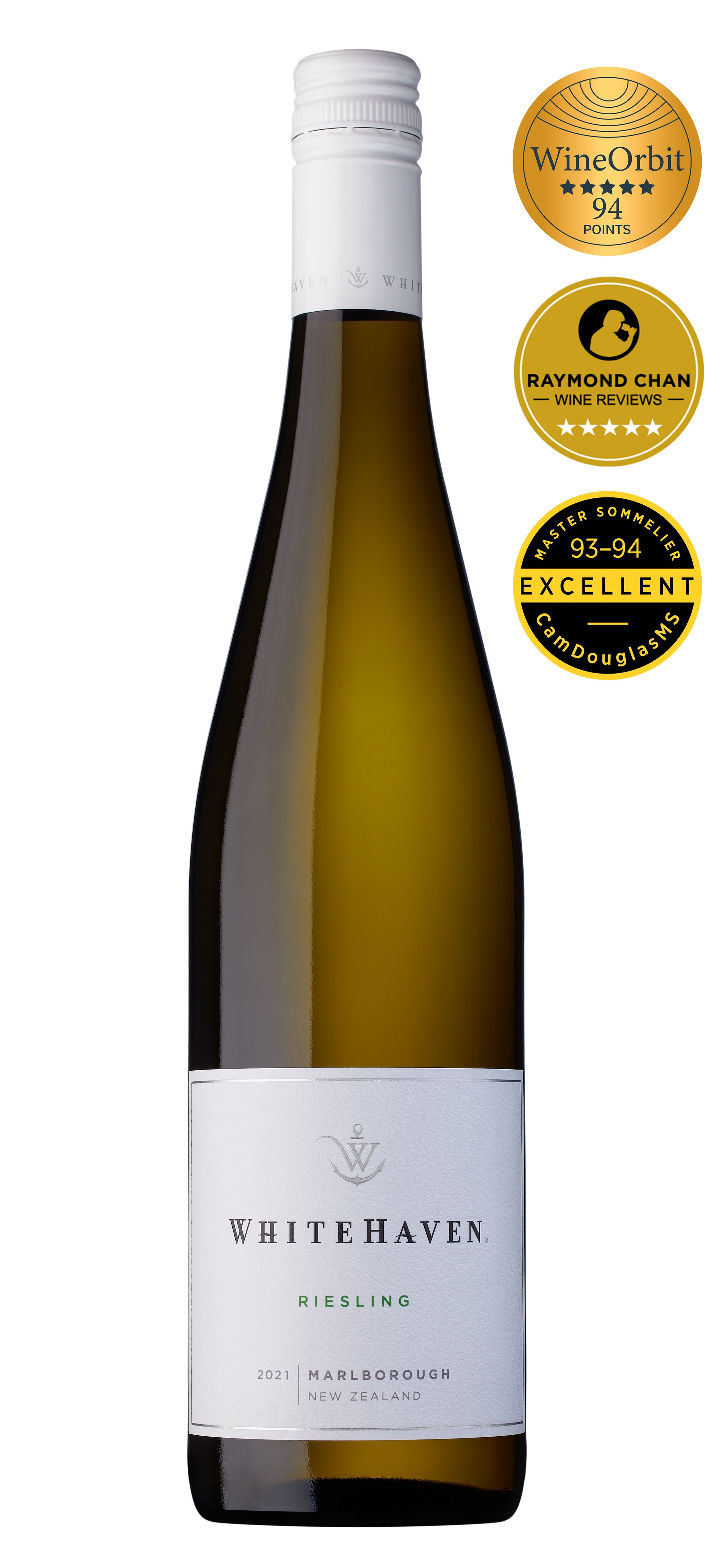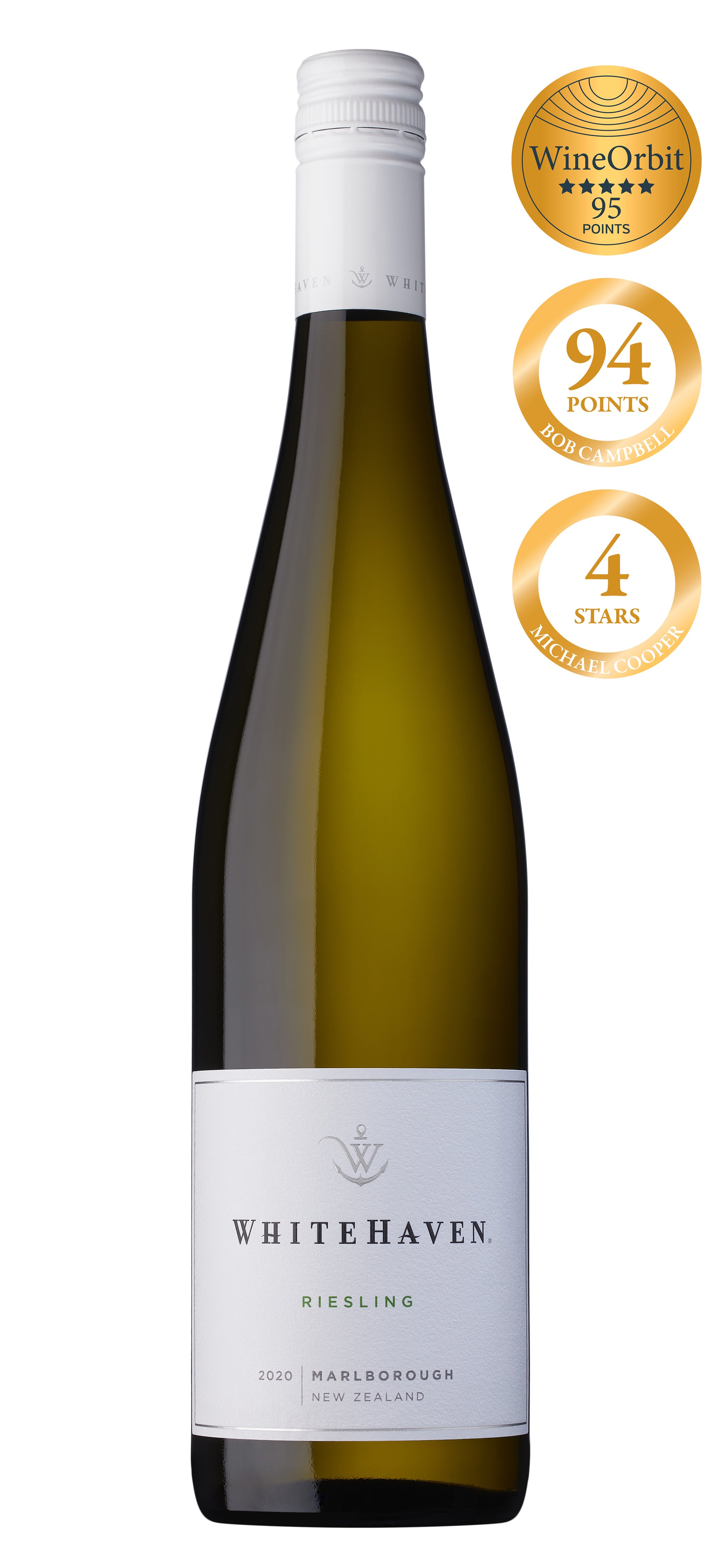Sold Out
TASTING NOTE
Colour / Appearance: Pale yellow-green, with star bright clarity.
Aroma / Bouquet: A fragrant array of gooseberry, blackcurrant leaf, boxwood, greengage plums, and a hint of tropical fruit.
Palate: A medium bodied wine with vibrant acidity supporting bright, fragrant fruit flavours that linger on a long, clean finish.
Cellaring: We recommend drinking our 2016 Sauvignon Blanc while it is young and fresh, however the wine is capable of developing nicely over the next three to five years if carefully cellared.
Food Match: This wine is a perfect accompaniment to summer salads, poultry and shellfish, such as Marlborough’s famous green-lipped mussels. Also try it with lobster and white fish.
Serve: Lightly chilled.
ACCOLADES
WINE ANALYSIS
Alcohol: 13.0
Residual Sugar: 3.8
Titratable Acidity: 6.5
pH: 3.30
VITICULTURE
Harvest Date: 6th and 21st May 2014
Climate: Conditions were very dry early in the season, with average temperatures, clear skies and a high risk of frost. Warm conditions over flowering in mid-December resulted in good yields. Decent rain in early and mid-January, allowed for healthy canopies and vigorous growth. February was hot and dry, followed by warm, dry March; perfect weather for intense flavour development.
Vine Management: Vines are trained to two or three canes on a vertical trellis. Balanced pruning, shoot thinning, tucking and trimming are used to achieve an open, healthy canopy and clean fruit.
Harvest Date: 30th March – 16th April 2016
Grape Growing: Vines are trained to three or four canes on a vertical trellis. Balanced pruning, shoot thinning, tucking and trimming are used to achieve an open, healthy canopy and clean fruit.
Climate: Conditions were very dry early in the season, with average temperatures, clear skies and a high risk of frost. Warm conditions over flowering in mid-December resulted in good yields. Decent rain in early and mid-January allowed for healthy canopies and vigorous growth. February was hot and dry, followed by warm, dry March, perfect weather for intense flavour development.
Winemaking: The fruit was machine harvested in cool evening conditions and pressed immediately, with minimal skin contact. After settling, the clear juice was fermented at very low temperatures with selected yeast strains to preserve the inherent varietal flavours. The wine was fermented entirely in stainless steel.
Winemaker: Sam Smail and Diana Katardzhieva
You must be 18 or over to access our website.
Please confirm your age to enter.



